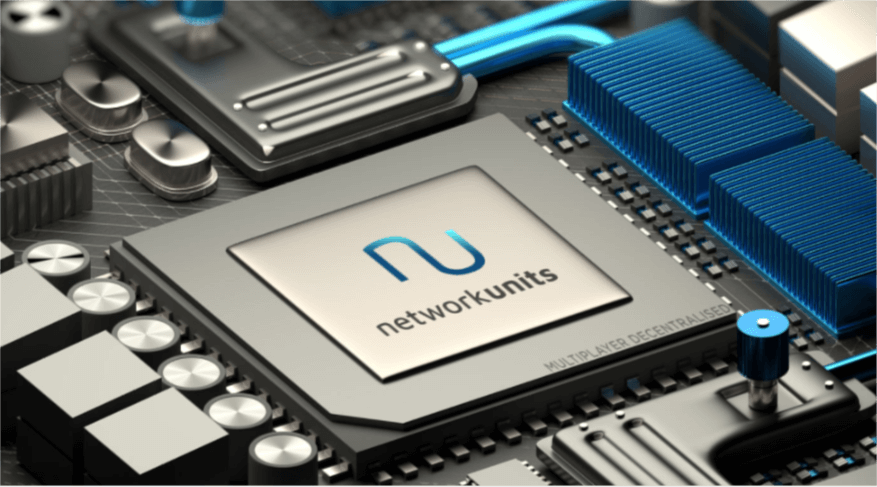Basketball, baseball, football, soccer, and hockey–these are the sports that have powered the multibillion dollar global sports industry for the past several decades. However, one sport, E-Gaming, is a promising prospect that already has 148 million “enthusiasts” around the globe. This booming industry could see revenue growth to over $1 billion by 2019, putting it in the upper echelon of professional sports.
E-Gaming, a sport where video game players compete online, often for prize money, brings together diverse players from all over the world. With gaming systems like Xbox and PlayStation really ramping up their online offerings over the past decade, E-Gaming has taken off. Additionally, computer games continue to soar in popularity, with millions of users playing games like World of Warcraft, Hearthstone, and League of Legends.
Unfortunately, as E-Gaming has risen in popularity, so has the number of cheaters and hackers. Rather than playing the game “as written”, cheaters seek to alter the outcome of the games by “file injecting”, a process that seeks to “override some part of game data or code in memory.” The preponderance of cheating in this new industry has led existing and potential gamers to become demotivated, encouraging them to pursue offline gaming or other online communities.
E-Gaming cheaters take advantage of the industry’s relatively weak defenses. No matter how many firewalls a network puts up, there is still a glaring problem–centralization. All cheaters and hackers must do is infiltrate the centralized gaming network. Once this platform is compromised, all users are affected.
The blockchain powered platform Network Units is developing a solution to this crucial problem. Their platform removes the need for a centralized network by creating a decentralized global sharing economy of computing bandwidth. As a result, E-Gamers have more secure, inexpensive gaming opportunities.
How Decentralization Deters Cheaters
Network Units’ decentralized network has two parties that participate. The first are Service Providers. Service Providers rent out their computer hardware and bandwidth as a server that contributes to Network Units’ multiplayer infrastructure. As Service Providers offer their bandwidth, the platform grows as a decentralized system. Providers are compensated with Network Unit tokens (NU) which can be used to game and access Network Units’ other features.
There is also a system of checks and balances built in–Service Providers can randomly audit other Service Providers to see if they are online. Those that are offline or suffer bad performance will pay a penalty.
The second party on Network Unit’s platform is the Active Clients. These are the gamers who link their cryptocurrency wallets to their Network Unit gaming account to use the decentralized multiplayer platform. They also provide accountability to the system, as they can review Service Providers, which providers’ reputations. If a Service Provider has a low enough reputation, they could lose NU tokens and eventually be removed from the platform.
This decentralized system deters cheaters for a couple of reasons. Primarily, it is much harder to hack a centralized network than a decentralized one. With traditional gaming, all a cheater must do is infiltrate a central network. In the case of Network Units, cheaters will have to compromise enough systems to take down the entire infrastructure–a much harder task. Cheaters are also deterred by the online review process. Because both Service Providers and Active Clients can audit one another–a key feature of any blockchain platform–cheaters will be quickly exposed and punished.
Decentralization Dramatically Cuts Consumer Costs
Network Units’ decentralized platform dramatically reduces the cost of participation. By having a decentralized network, monopolized cloud services from companies like Amazon, Google and Microsoft are not needed. Additionally, monopolies are explicitly prevented by Network Units’ platform, as the infrastructure is powered by a vast array of different networks. This means lower expenses for the platform, and therefore lowered costs for direct consumers.
A key feature of the platform for direct interaction between Service Providers and Active Clients. By cutting out the middleman, costs are further reduced. Companies like Microsoft and Sony make money by charging customers fees to access online gaming features, in addition to the fees that are associated with running a network infrastructure. In the case of Network Units, customers are able to participate in multiplayer games for a fraction of the cost because all interactions are direct and costs are shared with other participants.
Those interested in Network Units’ incredible platform can participate in its pre ICO which can be accessed online. The sale begins on October 28th, 2017 and runs through November 12, 2017. With the proceeds, Network Units’ team hopes begin marketing for their main ICO. Overall, the goal is to finish initial smart contract developments by Q3, 2018 and begin releasing their flagship titles by Q1, 2019. Potential investors should consider E-Gaming’s exponential growth over the past few years and note how Network Units is a viable solution to the industries largest problems.



